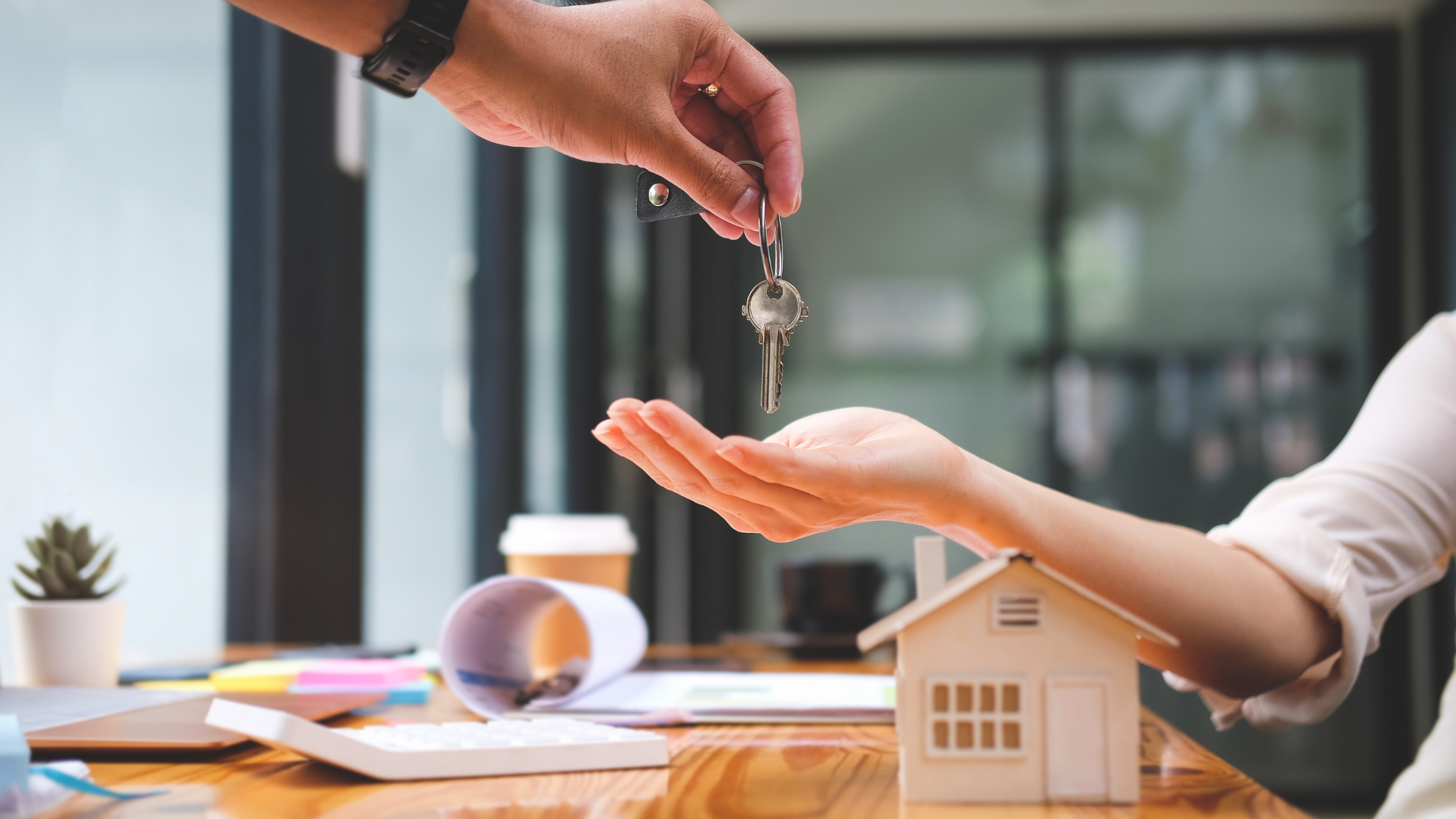
Why Use a Conveyancing Solicitor When Buying Property in Javea
Is it necessary to use a conveyancer or property lawyer when buying property in Javea?
We just read an interesting fact from a conveyancing solicitor in the Costa Blanca North
A few years ago, the Spanish land registry used drones and satellite surveillance to identify any legal irregularities. They found over 3 million in residential properties across Spain, including in Javea!
The most common issues are unlicensed extensions, home renovations and unauthorised swimming pools. These made up 62% of all irregularities.
But it’s not uncommon to find demolition orders for non-compliant structures and unlicensed terraces…
This is not something you want to face after buying a property in Javea.
To help you understand the role of a property lawyer when purchasing a property, see our overview of the 4 main stages of the conveyancing process below.
Step 1: The Reservation Contract
This is the first step you will take after having an offer accepted on a property in Javea.
This contract usually requires:
-
Payment of a deposit (approximately €5,000)
-
Removal of the property from the market
-
Provision for a 3-4 week period for legal assessments
-
A clause for a potential refund of the deposit if serious legal issues arise
Step 2: The Legal Checks
A conveyancer will look for legal issues in three main places:
-
The Town Hall
-
The Cadastre
-
The Land Registry
Identifying irregularities and encumbrances in any of these records is extremely important. Failure to do so means that any legal disputes post-purchase are your responsibility.
The Town Hall often harbors discrepancies related to unpermitted alterations, extensions, and undeclared amenities such as swimming pools.
Irregularities in the Catastro and Land Registry range from boundary discrepancies to unregistered extensions.
Step 3: The Deposit Contract
This is the next important contract signed by the seller and the buyer.
In the event of legal irregularities, the Deposit Contract serves as an instrument for remediation.
Outlined within this contract are:
-
Responsibilities of the vendor to rectify identified irregularities
-
An agreement on the completion date
-
The transfer of a deposit amounting to 10% of the purchase price
Step 4: The Signing of the Deed
The conveyancing process finished with the signing of the Escritura at the Notary’s office. This procedure formalises the property transfer.
After leaving the Notary’s office, you will have the keys to your new home in Javea.
During the signing of the deed, the Notary ensures compliance with contractual obligations and facilitates the transfer of ownership.
It's important to note the notary is not obliged to search for any legal irregularities. The notary’s role is purely administrative. They will make sure any requirements in the Deposit Contract are fulfilled – but they can only see what’s put in front of them.
This is why a conveyancing solicitor has an important preventative role.
If their work has been completed properly you should have no surprise costs, demolitions, charges, taxes, fines or anything else to deal with.
What are the Costs of Conveyancing in Javea?
The costs of a good conveyancing solicitor typically amount to 2-3% of the total purchase price of the property in question.
However, this is a rough estimate.
We recommend you ask a highly regarded property lawyer in the region for their prices. The 2-3% serves as a guide to what we have seen in the past.
Final Thoughts: Is it Worth Using a Conveyancing Solicitor When Buying Property in Javea?
We recommend all clients to use a seasoned conveyancing solicitor (aka a property lawyer).
If you're looking to buy property in Javea, it's wise to find a good conveyancer even before you make your first offer on a house.
This is because you will be able to get started with any legal checks as soon as possible. This means you’re not rushing around to find one with a 3-4 week deadline looming. Ultimately, preparation will save you time and money.